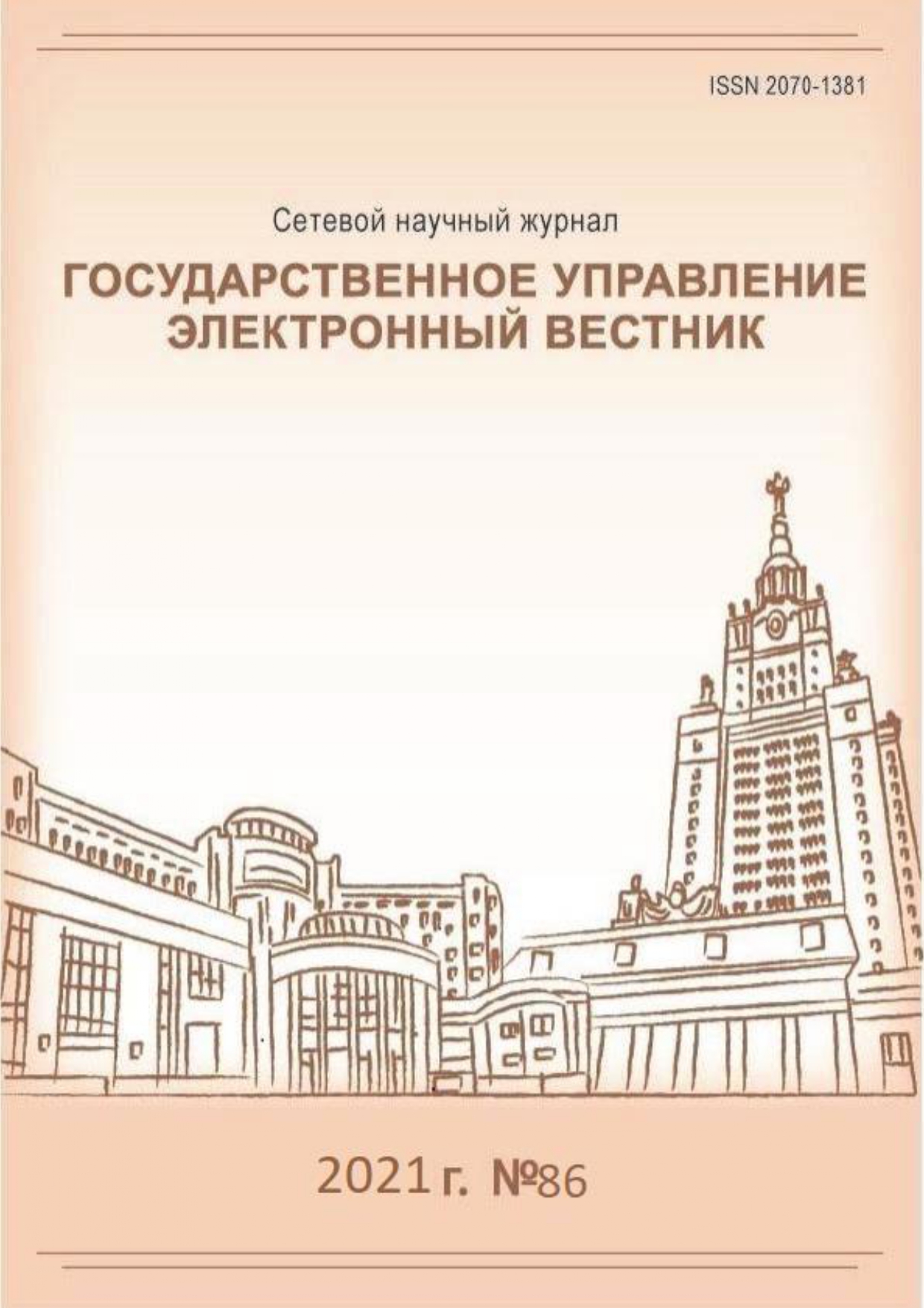Conflict Potential of Remote Employment
Keywords:
Pandemic, COVID-19, labour market, remote employment, labour dispute, digital transformation, sociological researchAbstract
A year and a half has passed after the beginning of a grand global experiment on the massive transition of the employed population to the remote format of work that occurred in a forced situation of a new coronavirus pandemic. Such a transition proved to be justified and significantly reduced the negative impact of the pandemic. At the same time, the forced nature of the transition in the extreme situation of the pandemic aggravated and exposed the problems that have become the basis of tensions and conflicts in the workplace. This research reveals a whole range of such problems in Russia and identifies the main conflict zones, where the risks of potential conflict in the transition to telecommuting are concentrated. This will help to predict and prevent the emergence of conflict situations that are inevitable during the mass transition to remote employment in the process of accelerating digital transformation, which has been updated, including by the unfinished pandemic. In the context of the mass transition to telecommuting, one of the key conclusion is that the nature of the problems is systemic and that challenges in social, organizational and psychological spheres and, consequently, the risks of these types of conflicts are more essential than the technical transition of companies to remote employment. On the basis of this, it is shown, how the social responsibility of business and social policy of the state is taken on new dimensions, related to the creation of a more inclusive and
sustainable socio-economic model.
References
Гусев А.Б., Юревич М.А. Глобализация занятости на фоне пандемии COVID-19 // Вестник МГИМО-Университета. 2021. Т. 14. № 1. С. 148–173. DOI: https://doi.org/10.24833/2071-8160-2021-1-76-148-173.
Латов Ю.В. «Духовная атмосфера» 2020 года: опыт анализа социально-эмоционального самочувствия россиян // Социологические исследования. 2020. № 12. C. 139–150. DOI: 10.31857/S013216250012511-5.
Мизинцева М.Ф., Сардарян А.Р. Трансформация российского рынка труда в условиях пандемии: основные проблемы и тенденции // Вестник Волгоградского государственного университета. Экономика. 2021. № 1. С. 102–109. DOI: https://doi.org/10.15688/ek.jvolsu.2021.1.8.
Романова И.А., Лаас Н.И., Гурова Е.В. Источники конфликтов и стрессогенные факторы в современных организациях // Вестник ГУУ. 2021. № 1. С. 13–19. DOI: https://doi.org/10.26425/1816-4277-2021-1-13-19.
Семина Т.В., Тыртышный А.А. Социальная солидарность и конфронтация в период пандемии коронавируса COVID-19: социальные и правовые аспекты // Образование и право. 2020. № 7. С. 11–20. DOI: 10.24411/2076-1503-2020-10701
Фишман Л.Г. Удаленная занятость в период пандемии COVID-2019: исполнение желаний и «апокалипсис-лайт» // Антиномии. 2021. Т. 21. № 1. С. 45–60. DOI: https://doi.org/10.24412/2686-7206-2021-1-45-60.
Abdullah N., Rahmati N.H., Zawawi F.Z., Khamsah M., Anuarsham A.H. Coping with Post COVID-19: Can Work from Home be a New Norm? // European Journal of Social Sciences Studies. 2020. Vol. 5. Is. 6. P. 61–81. DOI: https://doi.org/10.46827/ejsss.v5i6.933.
Cohen G.D. Measuring Employment during COVID-19: Challenges and Opportunities // Business Economics. 2020. Vol. 55. P. 229–239. DOI: https://doi.org/10.1057/s11369-020- 00190-4.
Hodder A. New Technology, Work and Employment in the Era of COVID-19: Reflecting on Legacies of Research // New Technology, Work and Employment. 2020. Vol. 35. Is. 3. P. 262– 275. DOI: https://doi.org/10.1111/ntwe.12173.
Paraciani R., Rizza R. When the Workplace is the Home: Labour Inspectors’ Discretionary Power in the Field of Domestic Work — an Institutional Analysis // Journal of Public Policy. 2021. Vol. 41. Is. 1. P. 1–16. DOI: https://doi.org/10.1017/S0143814X19000254.

